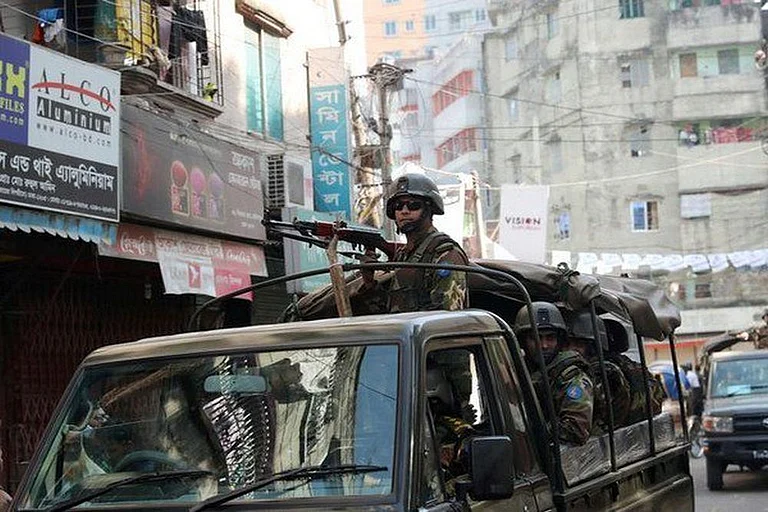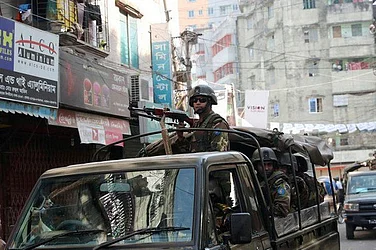US Vice President Kamala Harris will meet on Monday with Ghanaian President Nana Akufo-Addo, a show of support for the West African leader who is facing rising discontent over inflation and fresh concerns about regional security. Harris is just beginning a weeklong trip to the continent that will also take her to Tanzania and Zambia, part of a concerted effort to broaden US outreach at a time when China and Russia have entrenched interests of their own in Africa. Akufo-Addo oversaw one of the world's fast-growing economies before the COVID-19 pandemic. However, the cost of food and other necessities has been skyrocketing, and the country is facing a debt crisis as it struggles to make payments. In addition, sporadic fighting has increased in Ghana's north, which borders the more tumultuous nation of Burkina Faso and the Sahel, a region where local offshoots of al-Qaida and the Islamic State group have been operating. “Ghana is experiencing a very tough moment,” said Rama Yade, senior director of the Atlantic Council's Africa Center.
The United States has sent troops to train militaries from Ghana and other countries in hopes of bolstering their defenses. However, other countries have turned to the Russian mercenary force known as Wagner, which has been on the front lines of the war in Ukraine but also has a presence in Africa. Wagner began operating in Mali, which ousted French troops based there, and there are concerns that it will also deploy to Burkina Faso, where France also ended its military presence. Ghana recently accused Burkina Faso's leaders, which took power in a coup last year, of already turning to Wagner for help, something Akufo-Addo said would be “unsettling.” US Secretary of State Antony Blinken recently visited Niger, which borders Mali and Burkina Faso, to announce more assistance for the region.
"We've seen countries find themselves weaker, poorer, more insecure, less independent as a result of the association with Wagner,” he said. Although China's influence in Africa has been a leading concern for US foreign policy, Russia's own attempts to make inroads has alarmed Washington as well. Some countries have longstanding ties dating back to the Soviet era. Sergey Lavrov, the Russian foreign minister, has made multiple trips to the continent in an effort to show that the West has failed to isolate Moscow for its invasion of Ukraine. “The Russians are continuing to make the first move in Africa, and the US is continuing to play catch-up," said Samuel Ramani, associate fellow at the Royal United Services Institute, a London-based defense and security think tank.
“It's really unclear how Russia will really be able to expand its influence in the long term," he added. "But in the short term, they're creating goodwill for themselves.” Mucahid Durmaz, a senior analyst at Verisk Maplecroft, a global risk intelligence company, said Moscow's overall investments in Africa “are very modest” compared to Washington, but adds that it's been able to leverage anti-Western sentiment in some areas of the continent. “The Ukraine war has boosted Africa's importance in international politics and increased geopolitical jostling among global powers for the support of its governments and nations," he said.US officials have steered clear of framing their approach in terms of global rivalries, something that could swiftly sour Africans who are wary of being caught in the middle. “They remain cautious about becoming collateral damage to geopolitical competition by repeating the same mistakes of the Cold War era,” Durmaz said.





















